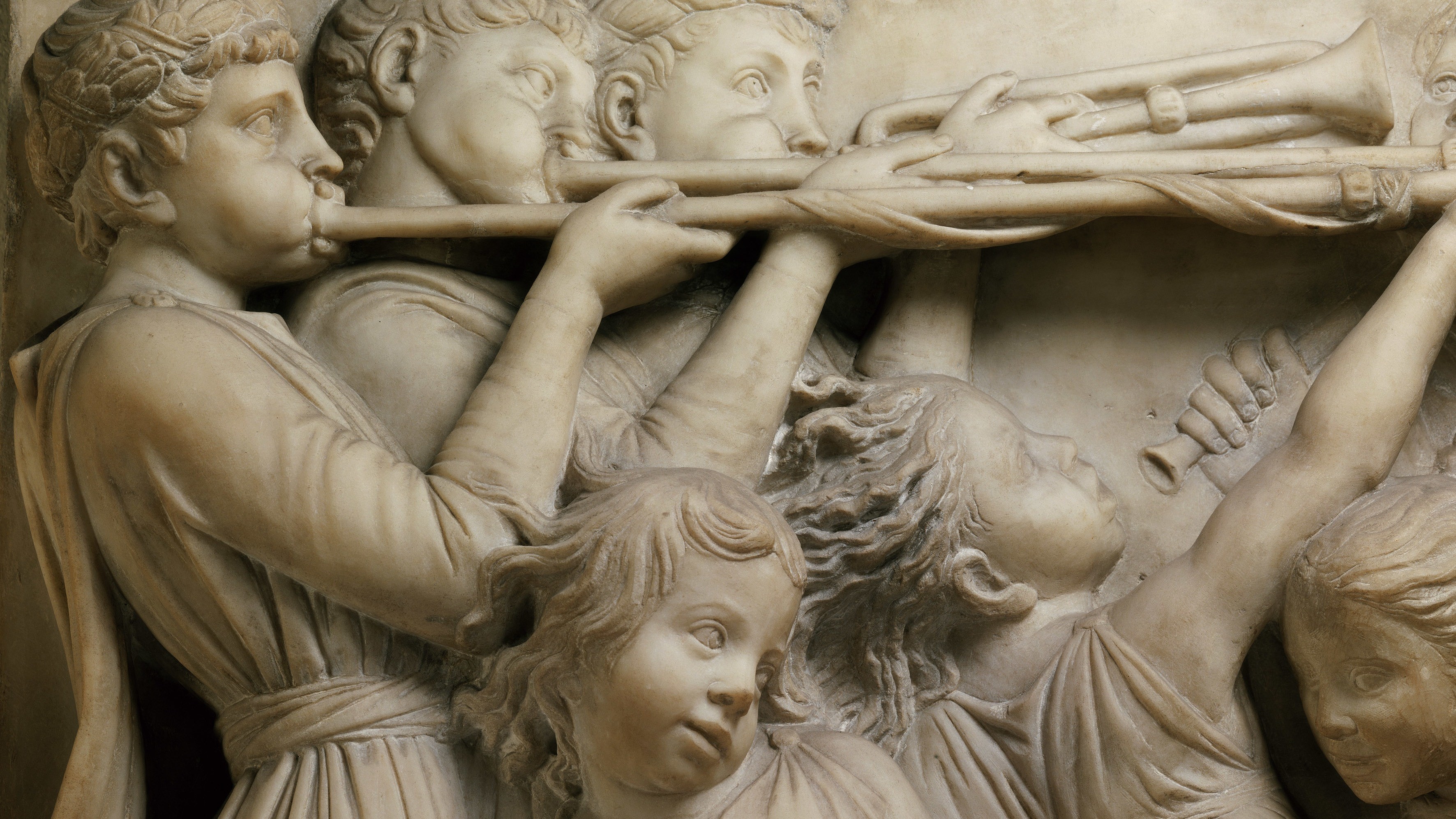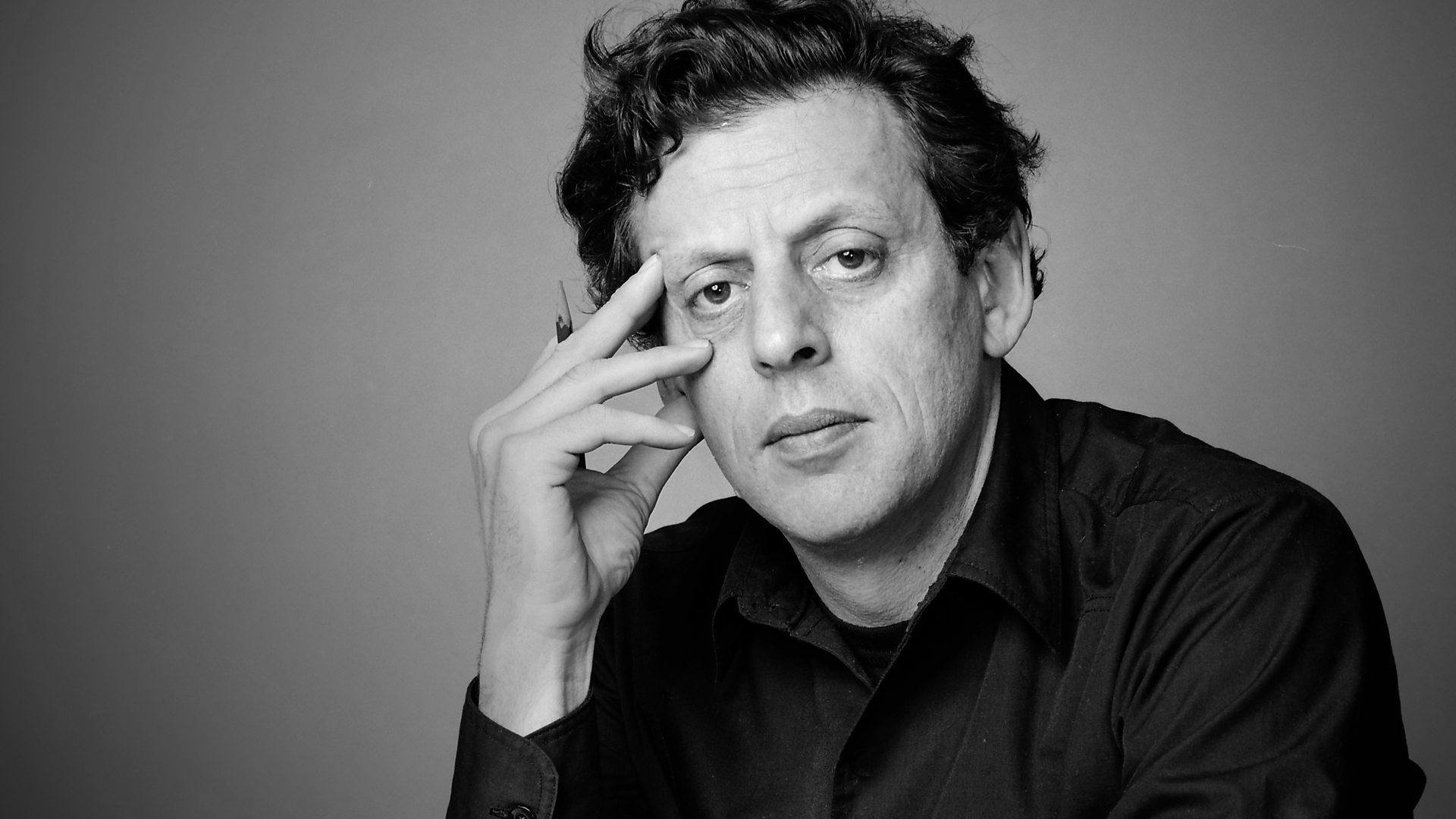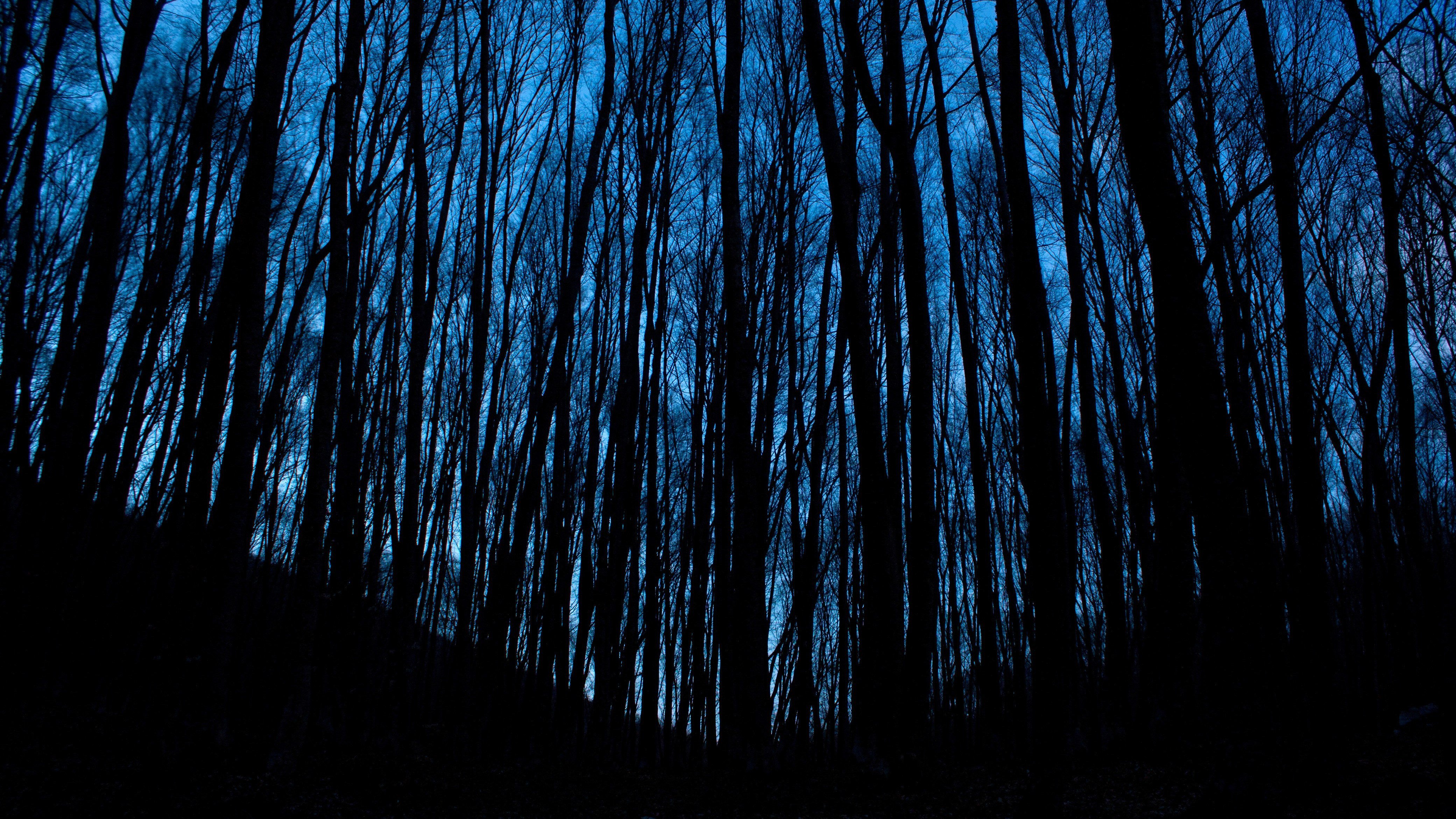Stravinsky’s “Symphony of Psalms”: Wandering, Rebirth, Exultation
“I consider that music is, by its very nature, essentially powerless to express anything at all,” wrote Igor Stravinsky, provocatively, in his 1935 autobiography. Listen to Stravinsky’s monumental Symphony of Psalms, completed five years earlier in 1930, and you may disagree. There is nothing remotely sentimental in the cool, neoclassical architecture of this music. It would be hard to put into words what is being “expressed.” Yet what emerges is powerful, moving, and transcendent. Set in …







